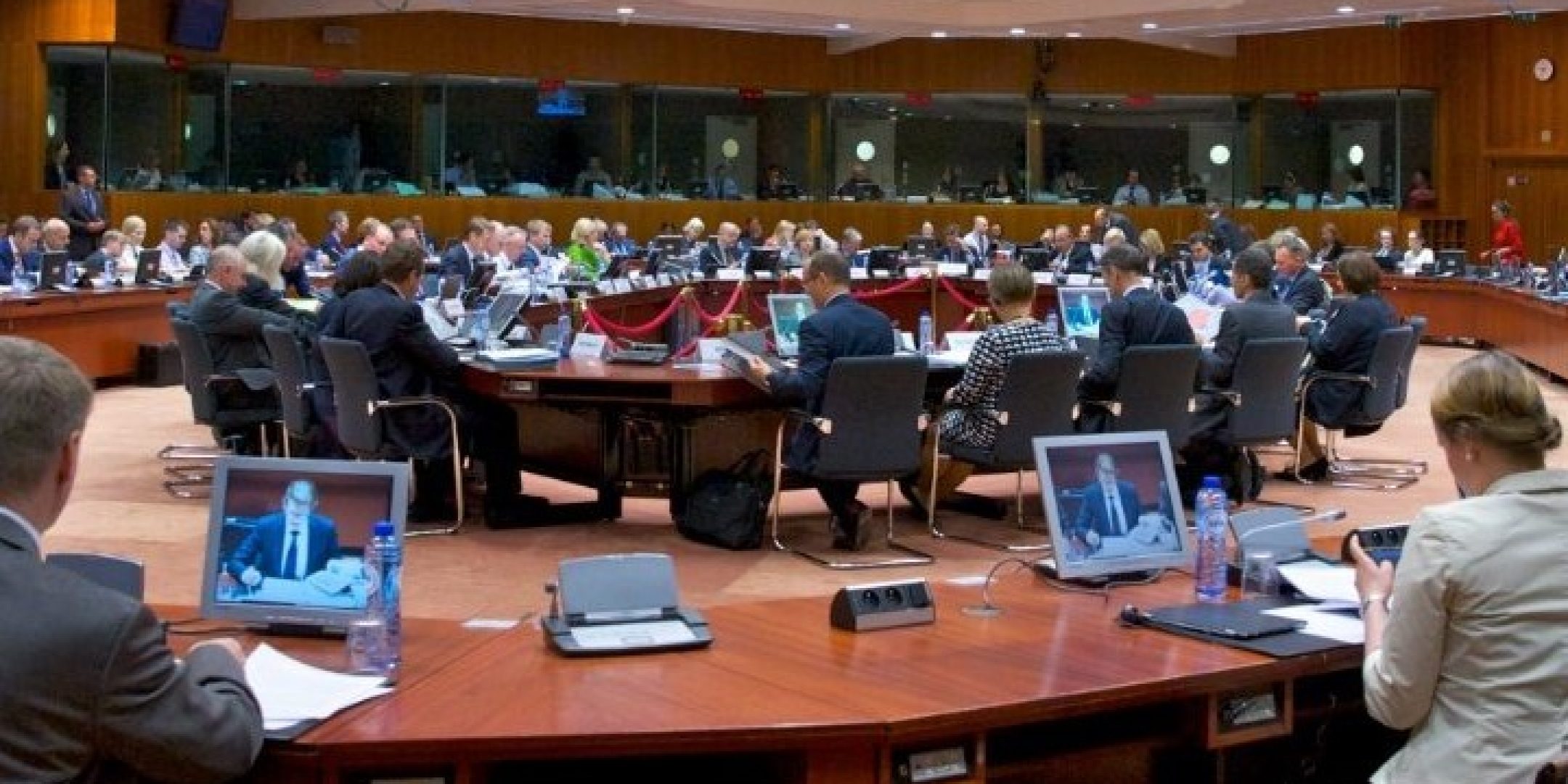A meeting of the EU Competitiveness Council was held in Brussels on Tuesday, May 30, 2017. Frédérique Vidal, French Minister for Higher Education, Research and Innovation, responsible for space policy, represented France at the meeting and reminded delegates that “space is an ambition for France and a chance for Europe.” Following her address, the Council’s conclusions on the Space Strategy for Europe were adopted by member states.
The Space Strategy for Europe was adopted by the European Commission on October 26, 2016. Its purpose is to set out the key strategic goals of the European Union’s activities in space in the years ahead and prepare the space component of the next multiannual financial framework. The priorities identified include boosting Europe’s competitiveness and strategic autonomy to further consolidate its status as a leading player in the international space scene.
The Council’s conclusions, reflecting its political position on this strategy, were adopted by member states. The text is ambitious and balanced. It makes particular reference to the three pillars of a policy on access to space (federation of demand, support for ground infrastructure, disruptive research and development), a balance between public- and private-sector involvement and continuity and complementarity between upstream infrastructure and downstream services and applications. Concerning Galileo and Copernicus, the development of applications for the benefit of citizens is a key objective supported by the Council.
The data and services derived from space systems are already making a valuable contribution in a range of public policy areas and economic sectors, from environmental protection and transport security to precision agriculture, fisheries monitoring, surveillance of shipping routes, oil spill detection and urban and land planning. The Commission is keen to promote the use of these data and services, wherever they provide an effective solution.
The space sector is undergoing a transformation: it is evolving rapidly, international competition is becoming fiercer and the level of private investment is increasing. One of Europe’s key strengths is its unity, which is vital for establishing a common strategy. For this reason, the Maltese Presidency of the Council of the EU organized an exchange of views at political level on the implementation of the Space Strategy. The themes discussed by ministers at the Competitiveness Council were identification of programme priorities and the most suitable mode of governance, implementation of an appropriate timeframe for achieving the goals of the space strategy and the measures to be taken to make it more inclusive.








